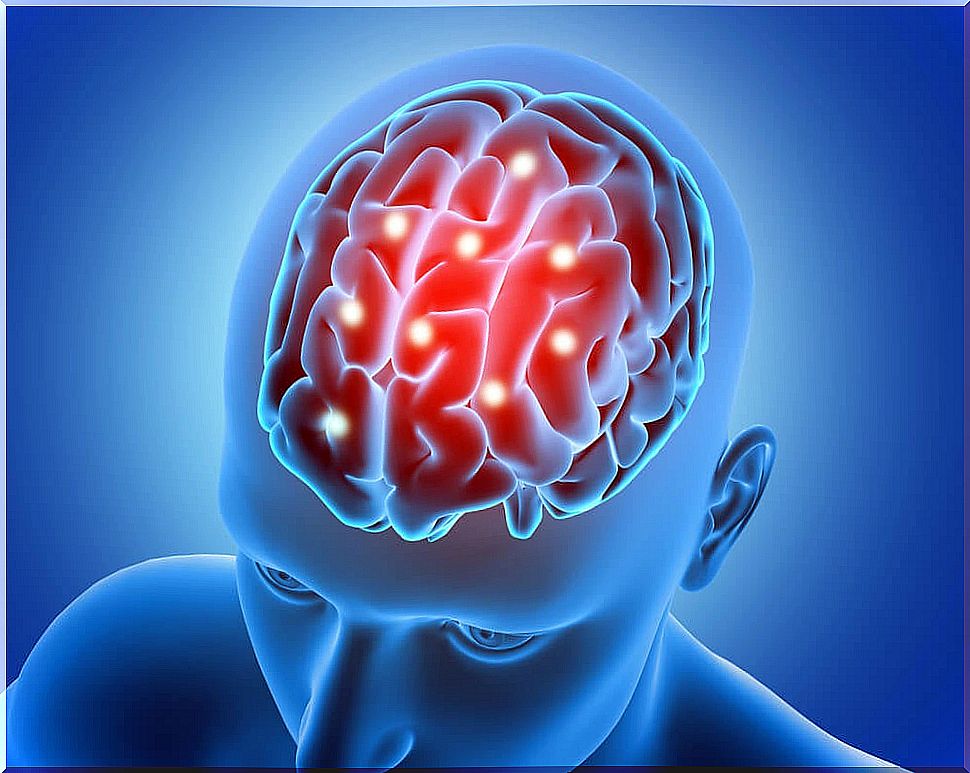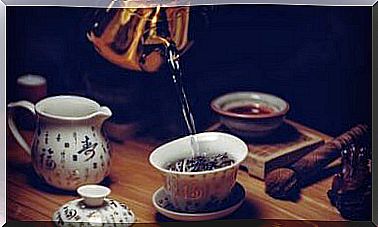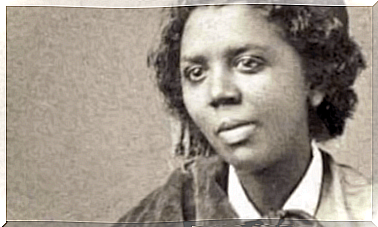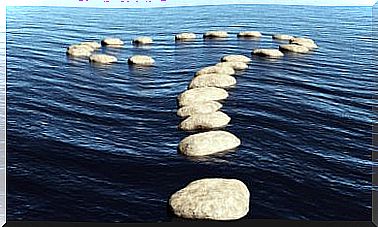Hobbies, A Sweet Food For Our Brain

Crosswords, word searches, sudokus, differences, chain words, etc. We have all enjoyed the benefits of hobbies at times. They are like fun and tasty sweets for our brain.
Paper and pencil. Numbers and letters. Drawings. Encrypted messages. Our brain is dazzled and flexible thanks to its powerful allies: hobbies. These exercises, designed to “pass the time”, pamper our brain and activate our well-being.
Because brain health is largely a matter of effort, daily work, and training. Therefore, staying mentally active is a habit that has always been known as highly beneficial and that we have been working and promoting for years.
Hobbies feed our brains
The neuropsychologist José Antonio Portellano affirms that “The brain is a paradoxical highway. The more cars that pass on a road, the more the asphalt wears out; however, the opposite happens with the brain, and that is that the more it is used, the more it is activated ”.

But what exactly does this practice generate in our brain? The answer is really surprising, let’s take a closer look at it below:
- Myelin is the lipopotreic material that protects our nervous system and favors a fast and efficient transmission of electrical impulses from our neurons.
- The neuropsychologist Portellano states that “ the more active the brain is, the more myelin is produced, so that deterioration is prevented from being minimized. The brain could be equated with a muscle, because the more it is used, the stronger it becomes ”.
- At this point, a very illustrative metaphor is established: if we don’t go to the supermarket, we can’t usually fill the pantry. That is why, in the same way, if we do not feed our brain, it runs out of sustenance and becomes weaker and weaker.
- So exercising it helps us to ensure a pantry or cognitive reserve that protects us from deterioration, favoring a better reasoning capacity and working memory.
That is, by doing hobbies we paved our roads, managing to turn these into double or triple lane highways. Likewise, this specialist assures that “when doing sudoku puzzles or crosswords, one has to set challenges of some difficulty. There has to be a system and a certain rhythm. Mental activity is best when you put in time and effort. “
Brain health: the benefit of hobbies
Maintaining healthy brain health requires persistence and consistent work. Thus, while hobbies are the entertainment par excellence that all newspapers and magazines always include, they also have a function that goes beyond play.
That is to say, it is true that the well-being that causes us to fill our free time with crosswords and other exercises, since endorphins are released and the pleasure centers of our cerebral cortex are activated. However, as we have been commenting, it has other great benefits that are added to that of fun:
- Prevent cognitive decline by “forcing” ourselves to reason, use our memory, pay attention, and handle logic.
- Keep our brain active. As stated by Portellano, doing hobbies helps us to feel and think using logic in an active way, not like watching television that encourages passivity.

Doing self-defined and other hobbies is a rewarding and beneficial activity throughout our lives. However, it is true that at an age it is especially interesting not to abandon the habit of doing this type of “mental gymnastics”.
Despite the fact that new technologies are great competitors of our beloved paper hobbies, to this day they have not yet managed to eat them too much ground, since the simplicity and immediacy of doing a crossword on the daily newspaper sheet continues to be a wonderful sensation and irreplaceable.









